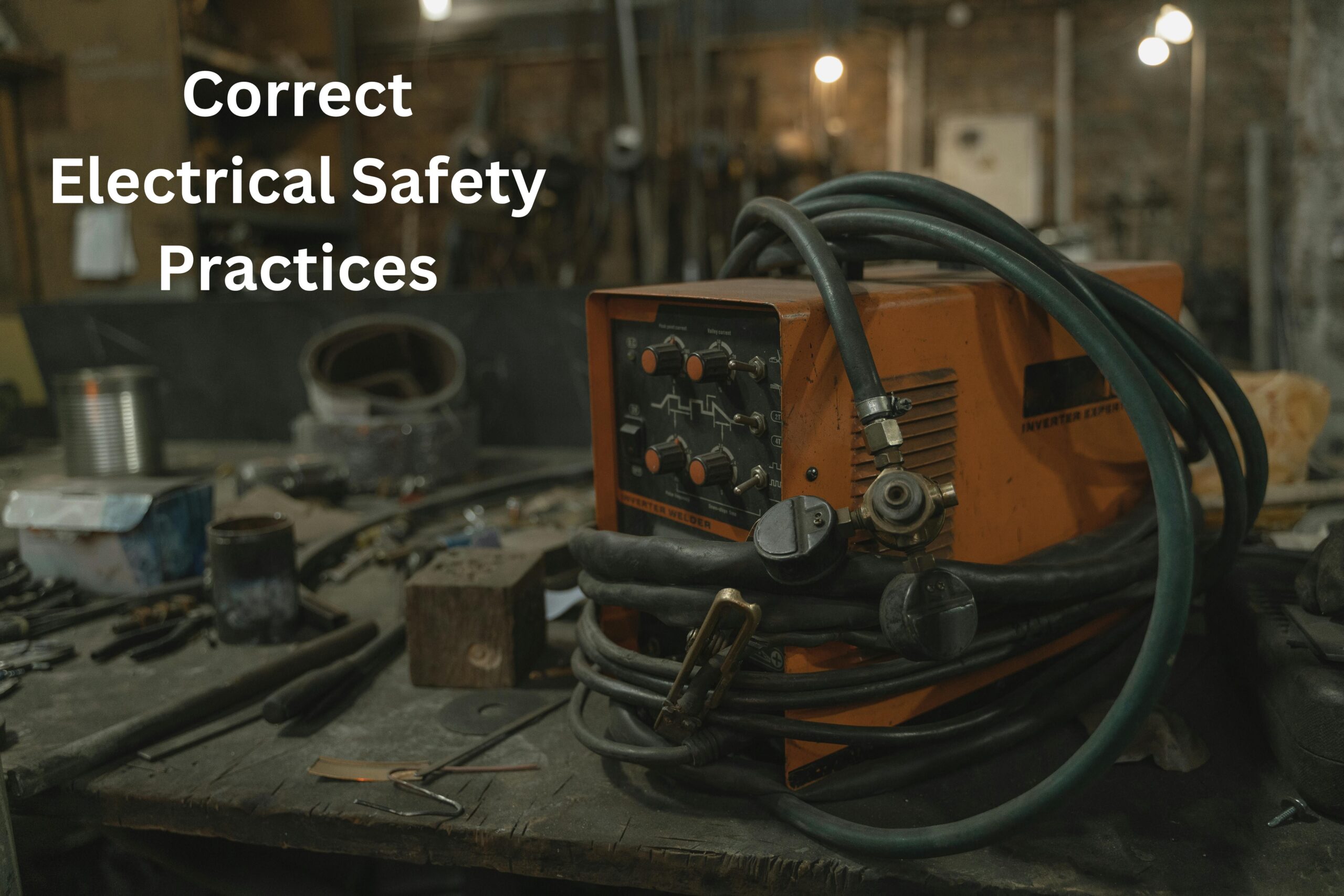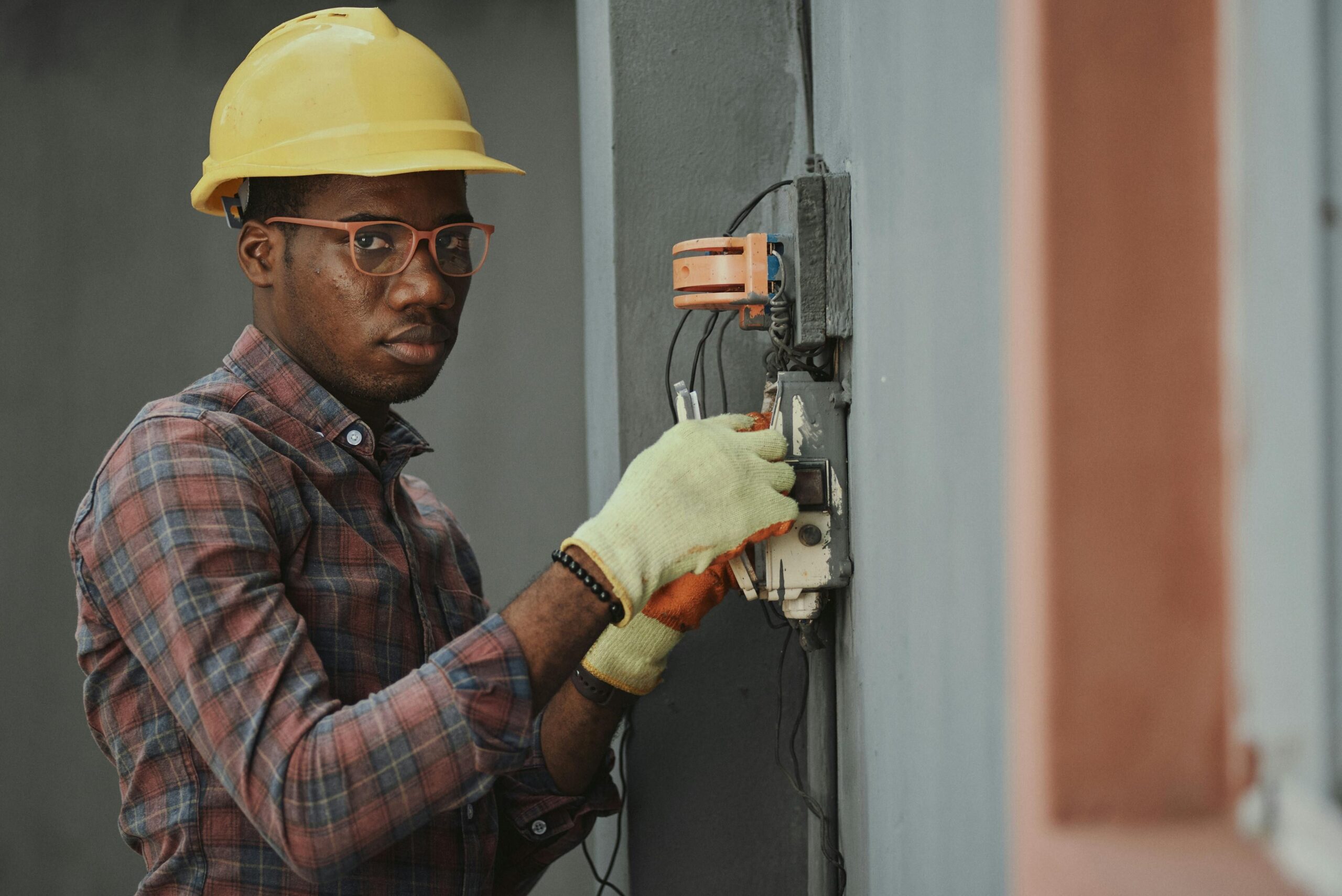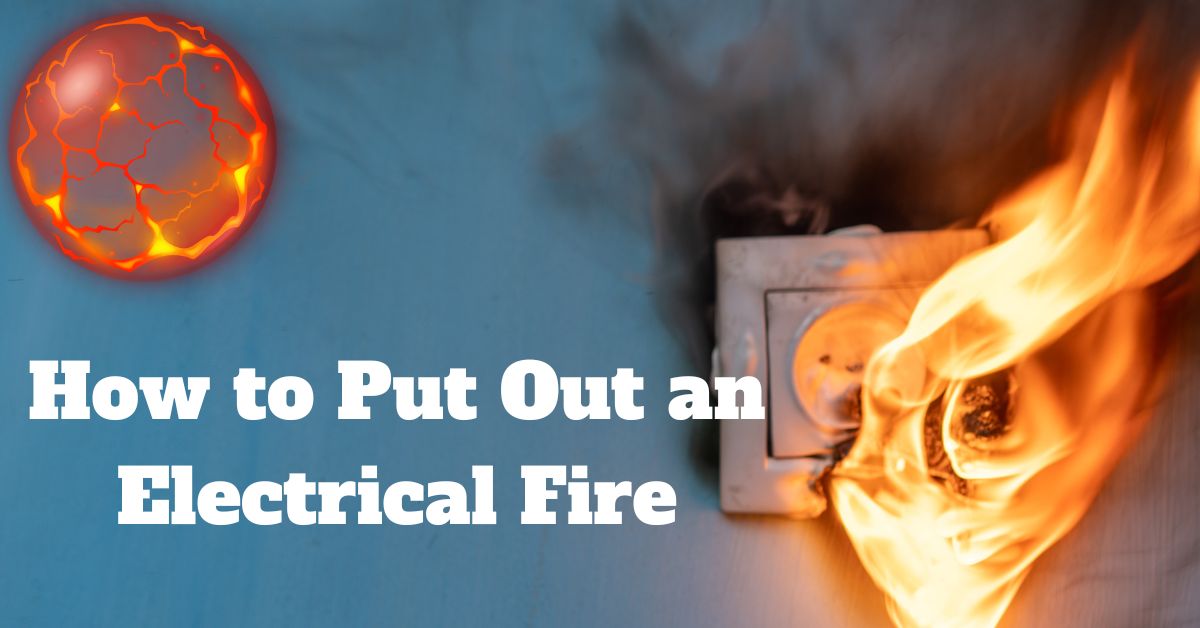Hey, how are you I hope you are happy in life, welcome to our blogs! I hope you like this article of mine. I try to share with you about electrical safety in every article.
I always try to share with you the knowledge that no blogger has given you before today. Let’s go ahead and get complete information about Understanding Correct Electrical Safety Practices.
Introduction to Electrical Safety
When considering electric safety, I recognize how crucial it is in my domestic and workplace. Understanding the practices that can prevent electric dangers—like shocks, burns, and fires—has turned out to be a priority for me.
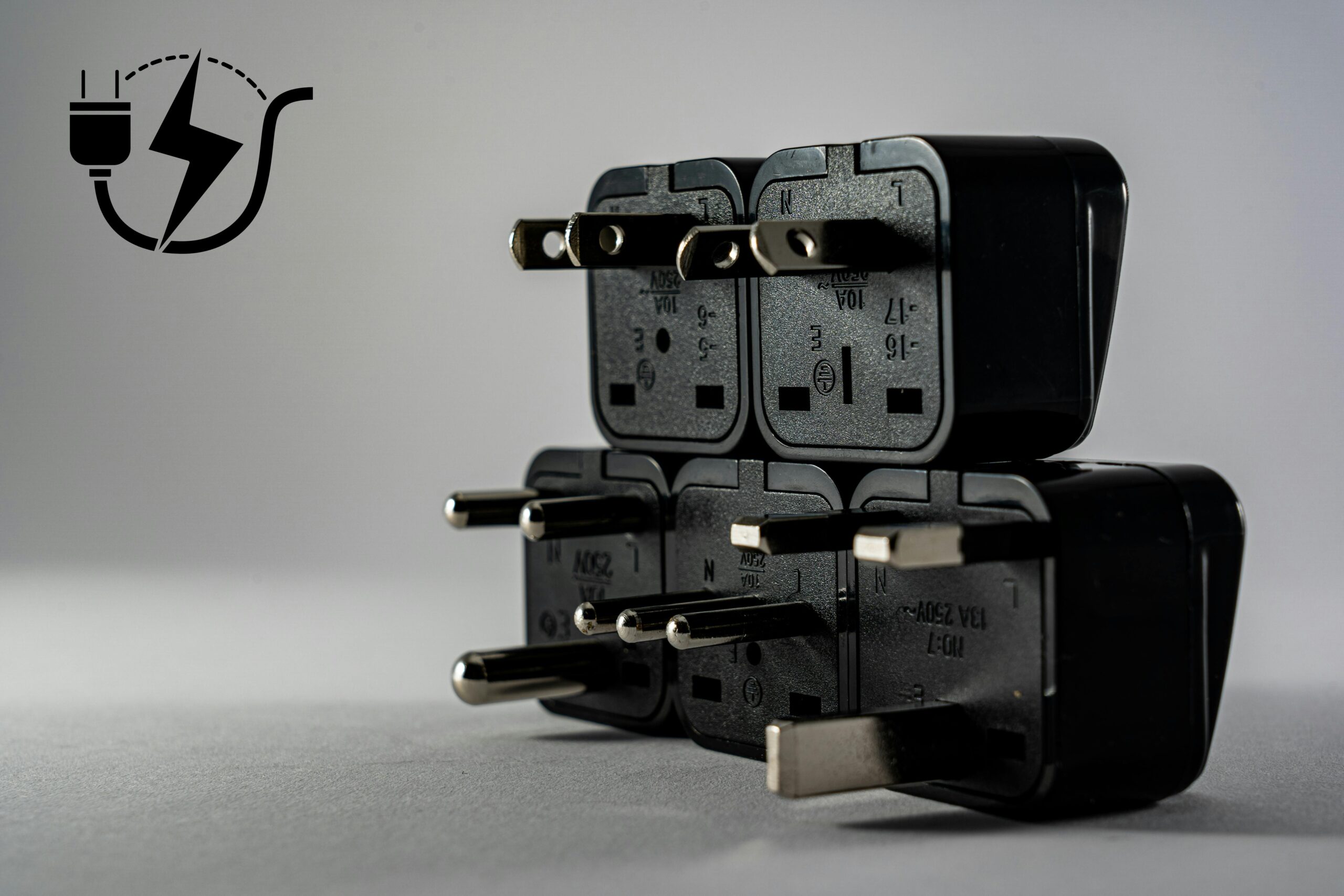
I realize that dealing with electrical devices can lead to extreme accidents, so I make it a point to stay informed about protection requirements.
By the use of appropriate protective devices and being aware of ability risks, I can make certain not only most effective my safety but also the safety of those around me.
Correct Statements About Electrical Safety
Importance of Grounding
I believe that grounding is a fundamental safety measure in electric structures. It provides a direct direction for electricity to circulate the ground within the occasion of a fault, like a brief circuit.
This prevents the construction of voltage that would bring about an electric-powered surprise.
By grounding my electrical gadgets and systems, I make sure that any stray energy is correctly dissipated, defending myself and my equipment from ability damage.
Without proper grounding, I recognize that the danger of electrical shocks and fires will increase appreciably.
Role of Circuit Breakers
Circuit breakers are crucial to my electric protection. They robotically interrupt the float of electricity while an overload or brief circuit is detected, preventing wires from overheating and reducing the hazard of electrical fires.
Unlike fuses, which should be replaced when they blow, circuit breakers can be reset when they ride. I make it a point to recognize how to nicely use and preserve circuit breakers to make certain protection in my home.
Identifying False Statements in Electrical Safety
Myth: “Rubber Gloves are Always Safe”
I often hear humans say that rubber gloves provide complete protection from electrical surprise, but I recognize this isn’t always authentic.
Not all rubber gloves are rated for high-voltage use. I need to use gloves particularly designed for electrical paintings, tested for the voltages I may come across.
I regularly look at my gloves for wear and tear, as the usage of the wrong kind can cause serious injuries.
Myth: “Water Doesn’t Conduct Electricity”
Another commonplace misconception I stumble upon is that water no longer conducts power. In reality, water can conduct energy, particularly if it carries impurities like minerals and salts.
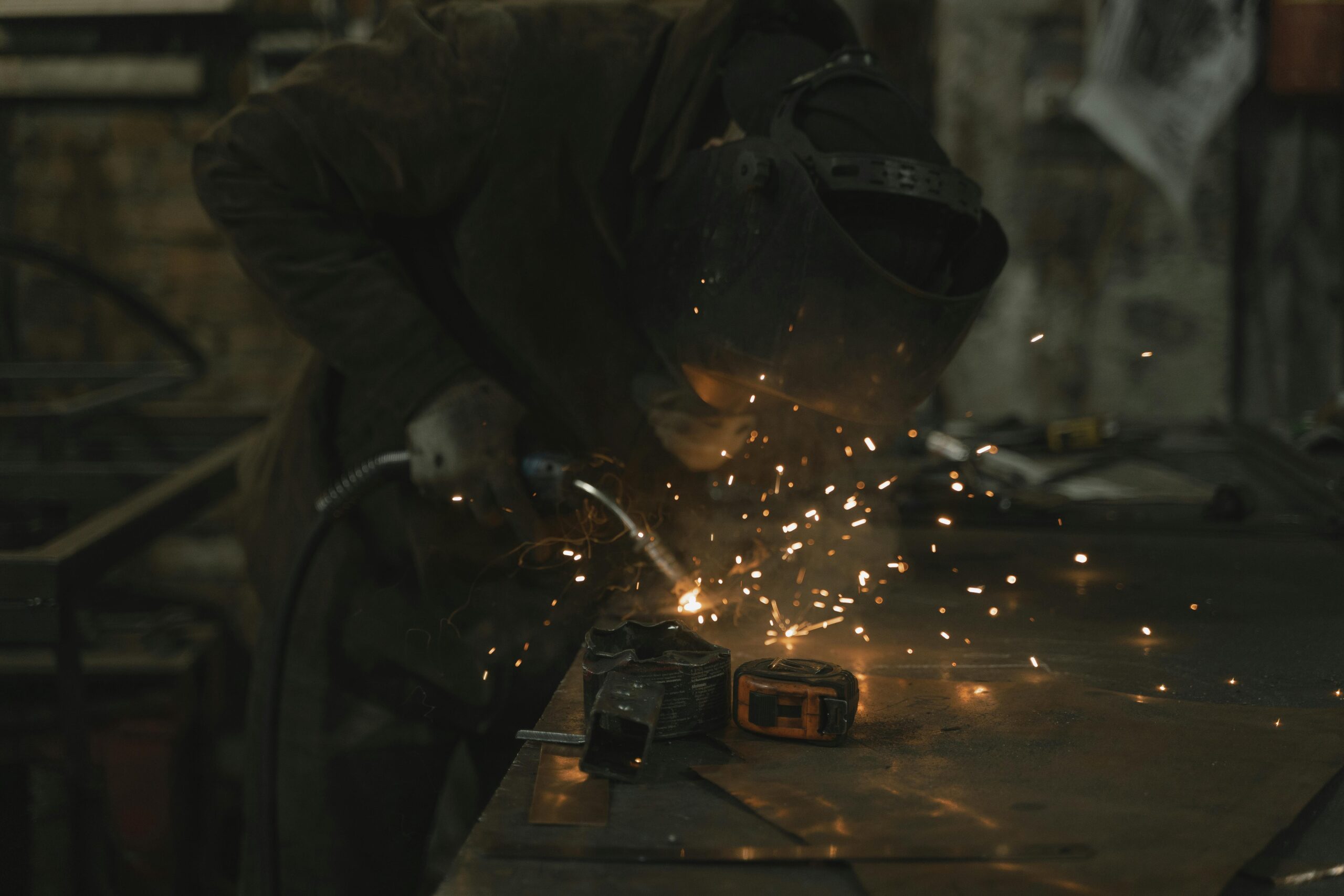
This method that moist environments pose an extensive chance for electric surprise.
Whenever I work close to water assets, I make sure to take extra precautions, such as the use of GFCIs (Ground Fault Circuit Interrupters) to shield in opposition to potential shocks.
Basic Rules of Electrical Safety
Never Overload Circuits
One of the most crucial policies I follow is to in no way overload circuits. Each circuit is designed to address a particular load, and exceeding this potential can cause wires to overheat.
I usually distribute my electrical gadgets frivolously across more than one circuit and maintain track of every circuit breaker’s limits in my domestic.
Using strength strips with surge protection allows me to manage more than one device appropriately.
Keep Electrical Devices Away from Water
I continually make it a factor to hold electric devices far from water, as water can create a conductive path for electricity.
In areas where moisture is present, like lavatories or kitchens, I use GFCI outlets to ensure safety.
I also avoid the usage of electric home equipment with moist hands or near sinks, and I store cords and devices safely far away from potential water sources.
Key Guidelines for Electrical Safety
Use Surge Protectors
I bear in mind that surge protectors are essential for shielding my electric device from voltage spikes as a result of lightning or energy surges.
These devices work using diverting extra voltage far from sensitive electronics, including my computer and TV.
I usually test that my surge protectors are compliant with protection requirements and update them regularly, as they could be put out over time.
Label Circuits Clearly
I find that truly labeling my circuit breakers is critical for protection. When every circuit is labeled, I can speedy pick out which breaker controls which region or device, saving time in emergencies.
Proper labeling also aids in protection and troubleshooting, making it simpler for me to conduct repairs correctly and effectively.
10 Most Important Electrical Safety Tips and Rules
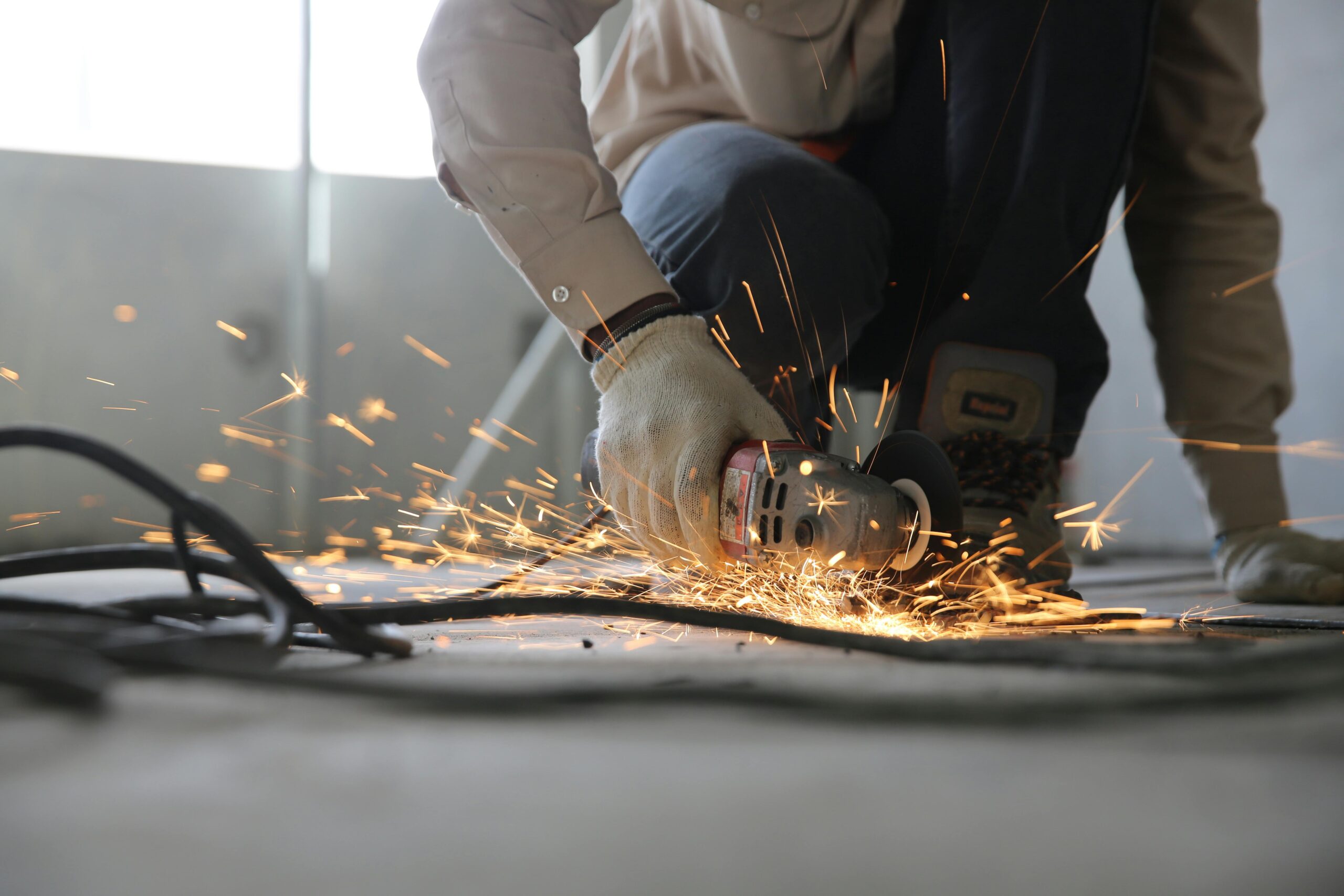
- Always Turn Off the Power
Before working on any electrical circuit or appliance, ensure that the power is turned off at the breaker. - Use Grounded Outlets
Always plug appliances into grounded outlets to minimize the risk of electric shock. - Inspect Cords and Plugs
Regularly check electrical cords and plugs for signs of wear, fraying, or damage. Replace any that show signs of deterioration. - Avoid Overloading Circuits
Do not overload outlets or power strips. Follow the manufacturer’s instructions regarding maximum wattage. - Keep Water Away from Electricity
Never use electrical devices near water. This includes bathrooms, kitchens, and outdoor areas. - Use Proper Lighting
Use bulbs with the correct wattage for fixtures. Overheating can lead to fires. - Install GFCIs
Install Ground Fault Circuit Interrupters (GFCIs) in areas where electricity and water may come into contact, such as bathrooms and kitchens. - Use Extension Cords Wisely
Avoid using extension cords as permanent solutions. If necessary, ensure they are rated for the intended use and do not overload them. - Educate Others
Share electrical safety tips with family members, especially children, to promote awareness and prevention. - Hire Qualified Professionals
For any electrical installations or repairs, hire a licensed electrician to ensure safety and compliance with local codes.
The Three Keys to Electrical Safety
Regular Training for Staff
For workplaces, I believe everyday training on electric protection is crucial for all employees, especially the ones in upkeep.
Training needs to cover secure practices, how to use electric equipment successfully, and what to do in emergencies.
Keeping groups of workers up to date on protection protocols extensively reduces workplace accidents.
Conducting Routine Safety Audits
I make it a point to behavior recurring protection audits to pick out capability electrical hazards earlier than they grow to be critical troubles.
Regular assessments of electrical systems, devices, and safety devices help ensure compliance with safety rules and satisfactory practices.
Addressing any problems determined for the duration of audits directly is key to preserving a safe environment.
FAQs
What is the maximum critical protection degree whilst running with electricity?
Always make sure that the electricity is turned off earlier than operating on electric circuits or gadgets.
How can I save you electrical shocks at home?
I make sure all shops are grounded and use surge protectors for my gadgets. Additionally, I keep away from the use of home equipment with frayed cords.
Is it safe to use electric devices in moist regions?
No, I keep away from the use of electric devices in moist areas unless they’re mainly designed for such use. Water and strength can be a risky mixture.
What have to I do if I see a downed strength line?
I live far from it and file it to the local utility agency at once.
How often need to I take a look at my electrical home equipment for safety?
I often investigate my appliances for any signs of wear and tear and tear, and I make sure to have a qualified electrician check my wiring and structures as a minimum as soon as a year.
Conclusion
In the end, the know-how of electrical safety is critical for shielding me and others from capability hazards. By adhering to proper protection measures, such as making sure that electrical stores and gadgets are properly grounded, I can appreciably lessen the hazard of electrical shocks and injuries.
Being knowledgeable approximately secure practices no longer most effectively safeguards my well-being however additionally helps maintain the integrity of electrical structures.
I make it a concern to stay vigilant and proactive in imposing these protection measures, contributing to a more secure environment for all of us.

